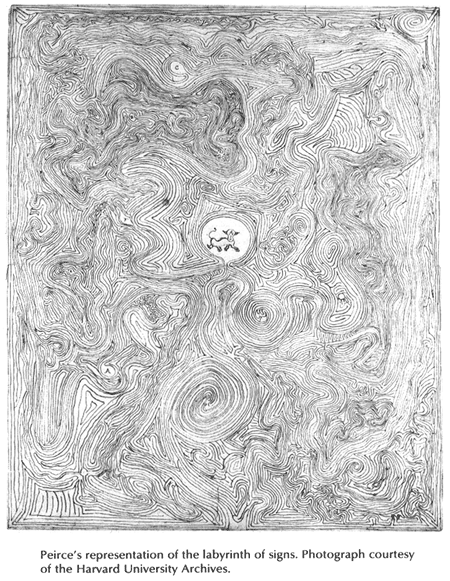Does it mean one thing with work,
one with age, and so on?
Or are the two opposing doors
irrevocably closed? The song that started
in the middle, did that close down too?
Just because it says here I like tomatoes,
is that a reason to call off victory? Yet it says,
in such an understated way, that this is a small museum
of tints. I’m barely twenty-six, have been on “Oprah”
and such. The almost invisible blight
of the present bursts in on us. We walk
a little farther into the closeness we owned:
Surely that isn’t snow? The leaves are still on the trees,
but they look wild suddenly.
I get up. I guess I must be going.
Not by a long shot in America. Tell us, Princess A-Line,
tell us if you must, why is everything territorial?
It’s O.K., I don’t mind. I never did. In a hundred years,
when today’s modern buildings look inviting
again, like abstract bric-a-brac, we’ll look back
at how we were cheated, pull up our socks, zip
our pants, then smile for the camera, watch
the birdie as he watches us all day.
His thematically undistinguished narrative gives no
cause for complaints, does one no favors.
At night we crept back in, certain of acquittal
if not absolution, in God’s good time, whose scalpel redeems us
even as the blip in His narrative makes us whole again.
